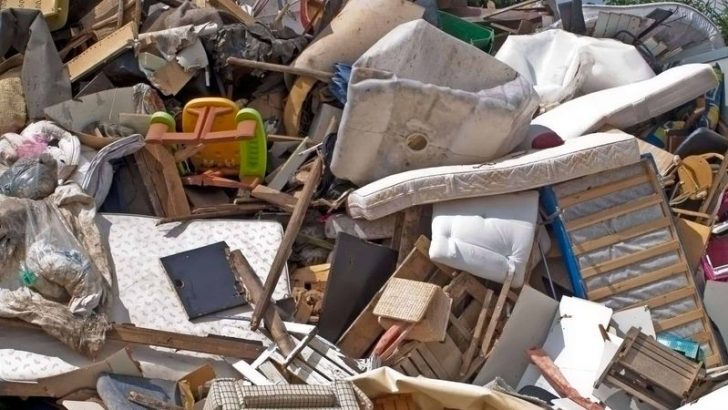In today’s consumer-driven society, it’s easy to accumulate more items than we genuinely need. This tendency to hoard can clutter not only our living spaces but also our minds. While keeping some things for sentimental value or future use is understandable, there’s a fine line between being prepared and being overwhelmed by clutter.
We explore twelve common items that you might be holding onto unnecessarily. By letting go of these items, you can reclaim your space, reduce stress, and even discover a sense of freedom you might not have realized was possible. Let’s delve into why each of these items doesn’t deserve a place in your home any longer.
1. Old Magazines and Newspapers

Old magazines and newspapers tend to pile up quickly. While you might hang onto them for nostalgia or potential reading, they often become dust collectors. These stacks can take up valuable space and contribute to a cluttered environment. It’s better to recycle them and declutter your home. Consider digitizing any articles or memories you want to keep. This way, you preserve the information without the physical clutter. Donating them to schools or art projects is another way to give them a new purpose, benefiting both you and others.
2. Expired Medications

Keeping expired medications poses health risks. Old pills can lose potency, making them ineffective or even dangerous. Regularly check your medicine cabinet and dispose of expired items properly. Pharmacies often offer take-back programs. Clearing out these items ensures that no one accidentally ingests something harmful. This habit not only keeps your household safe but also makes room for necessary medications. Proper disposal also prevents environmental contamination.
3. Unworn Clothes

Many of us have clothes we rarely wear. Perhaps they don’t fit well, or they’re out of style. These items occupy precious closet space and make it harder to find what you actually need. Consider donating or selling them. This practice can be rewarding, as you help others and streamline your wardrobe. Adopt a one-in-one-out policy to maintain balance. By doing so, you ensure your closet remains organized and functional.
4. Outdated Electronics
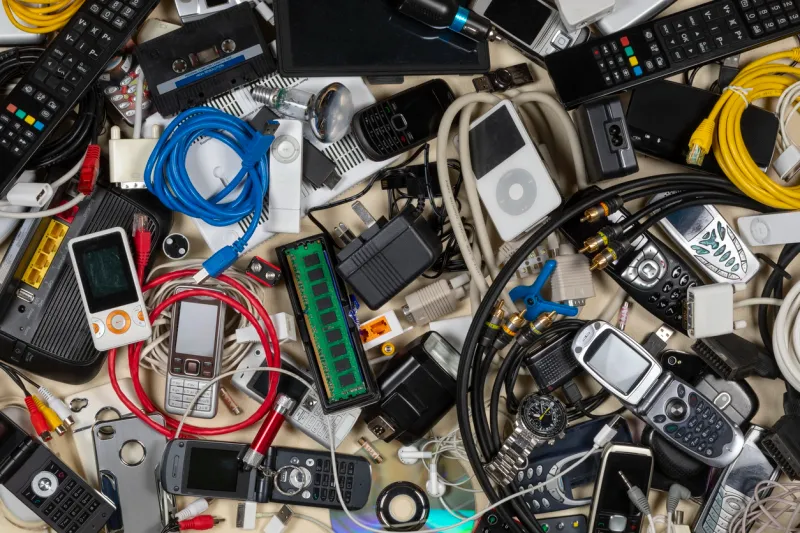
Outdated electronics often linger in homes, awaiting a use that never comes. These devices take up space and can be hazardous if stored improperly. Recycle them responsibly through electronic waste programs. This action not only declutters but also helps the environment. Some organizations offer trade-in programs, providing a financial incentive to let go of old gadgets. Embrace newer technology without the guilt of waste.
5. Unused Kitchen Appliances
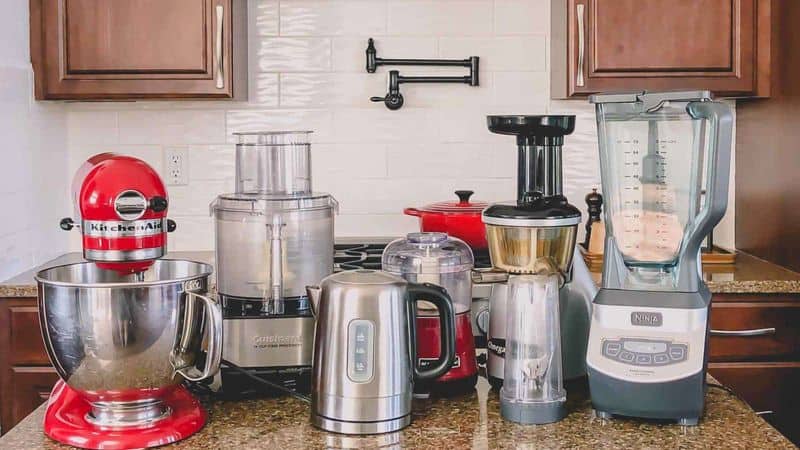
Kitchen gadgets can be exciting but often fall out of use. These appliances take up counter and cabinet space, making your kitchen feel cramped. Evaluate your needs and keep only what you use regularly. Donate or sell the rest. This step creates a more functional cooking environment. With fewer items, cleaning becomes easier, and you might find yourself more motivated to cook at home.
6. Books You’ve Never Read

Books are treasures, but unread ones can become burdens. They gather dust and contribute to clutter. Identify books you realistically plan to read, and donate or sell the rest. Libraries and charity shops appreciate such donations. This approach keeps your collection manageable and allows others to enjoy the stories. Keeping only beloved books ensures a personal, meaningful library.
7. Unused Furniture
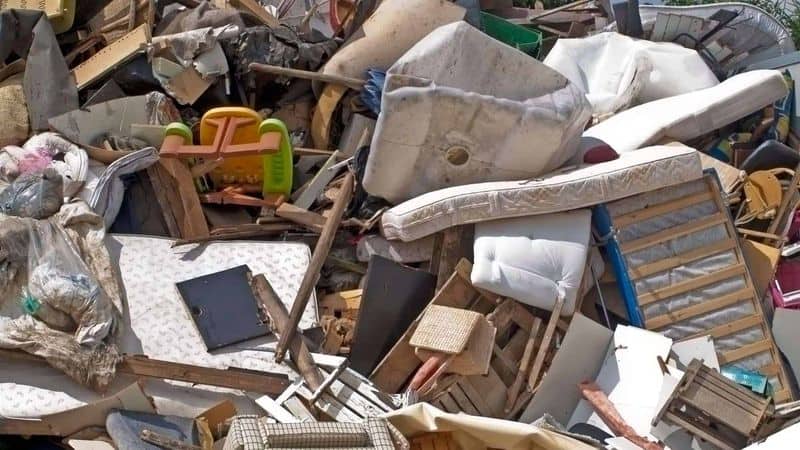
Furniture that no longer serves a purpose can make rooms feel small and overcrowded. Assess each piece: does it add value to your space? If not, consider selling or donating it. Freeing up space can transform your home, providing room for movement and new activities. Rehome pieces with sentimental value elsewhere if needed.
8. Excess Towels and Linens
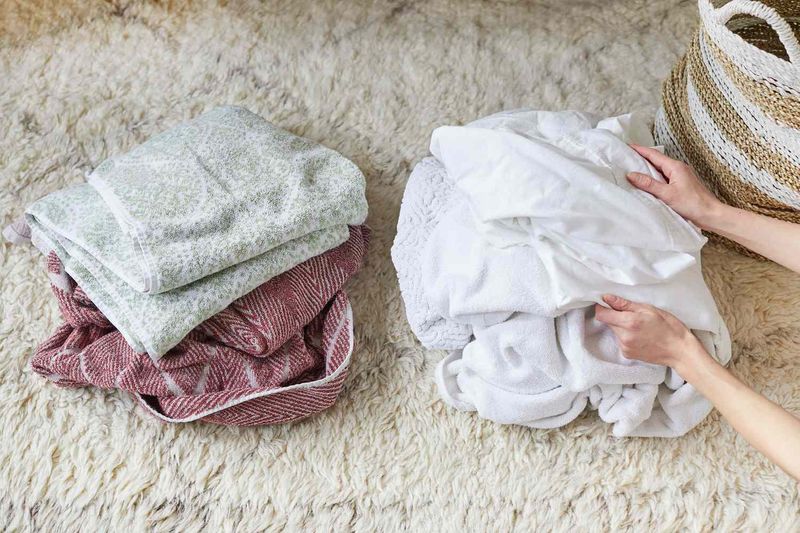
It’s easy to accumulate more linens than necessary. Extra towels and sheets take up closet space, making it hard to find what you need. Keep sets for each bed and some spares for guests. Donate any excess to animal shelters or charities. This not only declutters but also helps those in need. A tidy linen closet is more functional and aesthetically pleasing.
9. Old Greeting Cards
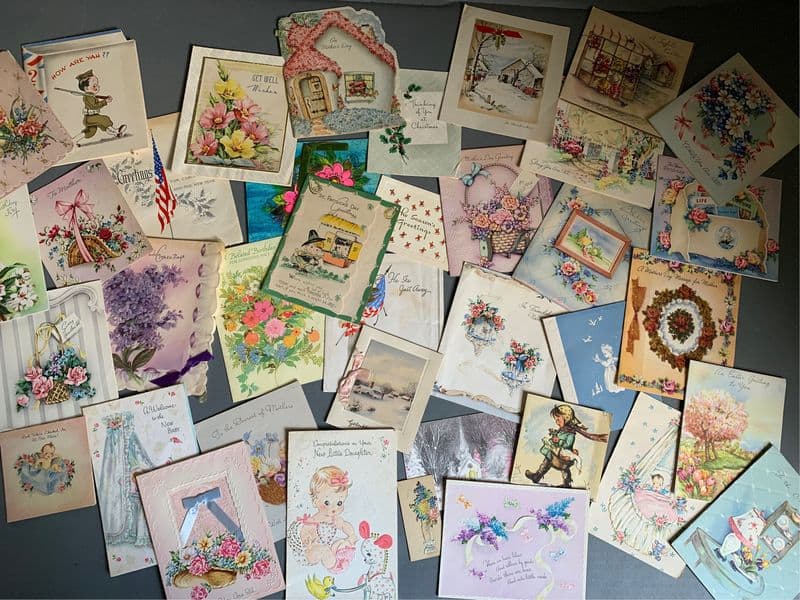
While sentimental, old greeting cards can quickly accumulate. Keep those with special meaning, but recycle the rest. Consider digitizing memories to preserve them without physical clutter. This approach maintains a connection to your past while reducing material accumulation. You’ll be surprised at the space you reclaim when you let go of these items.
10. Unused Craft Supplies
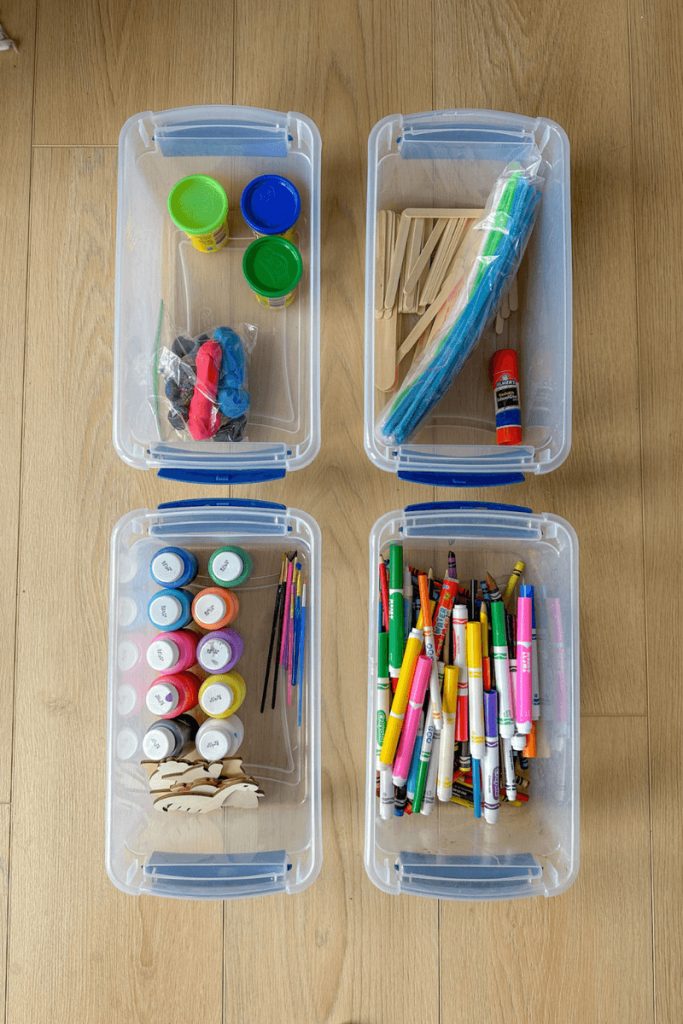
Craft supplies are fun to collect but often go unused. They can clutter your creative space and make it hard to start new projects. Evaluate what you realistically need and donate the rest to schools or community centers. This not only declutters but also inspires creativity in others. A tidy craft area is more inviting and functional.
11. Old Cables and Chargers
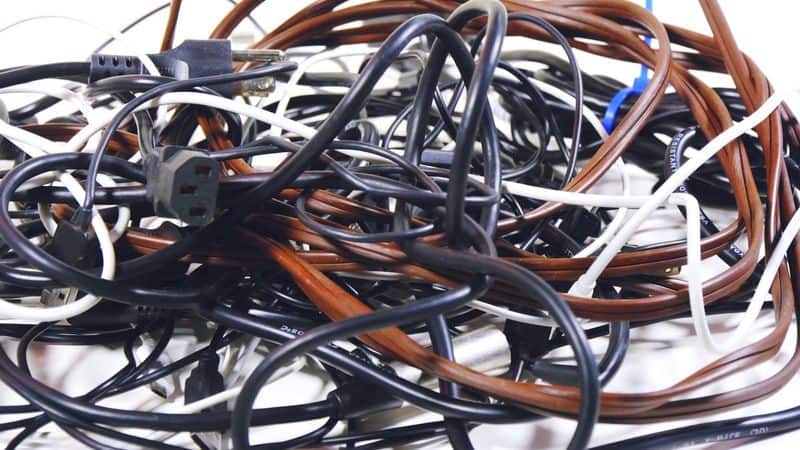
Cables and chargers multiply over time, becoming tangled and unmanageable. Most are obsolete and serve no purpose. Sort through your collection, keeping only those that match current devices. Recycle the rest at electronic waste centers. This step not only clears space but also simplifies your life. Easily find what you need without the frustration of tangled cords.
12. Plastic Bags and Containers
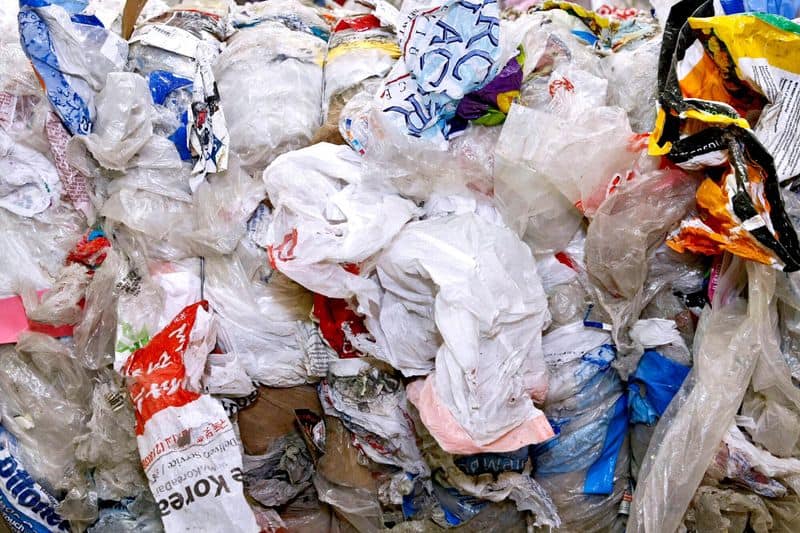
Plastic bags and containers are useful, but they accumulate quickly. Too many can clutter your kitchen and create chaos. Keep reusable bags and a set number of containers. Recycle the rest to maintain order. This habit not only reduces clutter but also encourages a sustainable lifestyle. A neat kitchen facilitates cooking and reduces stress.

Well, hello there!
My name is Jennifer. Besides being an orthodontist, I am a mother to 3 playful boys. In this motherhood journey, I can say I will never know everything. That’s why I always strive to read a lot, and that’s why I started writing about all the smithereens I came across so that you can have everything in one place! Enjoy and stay positive; you’ve got this!

